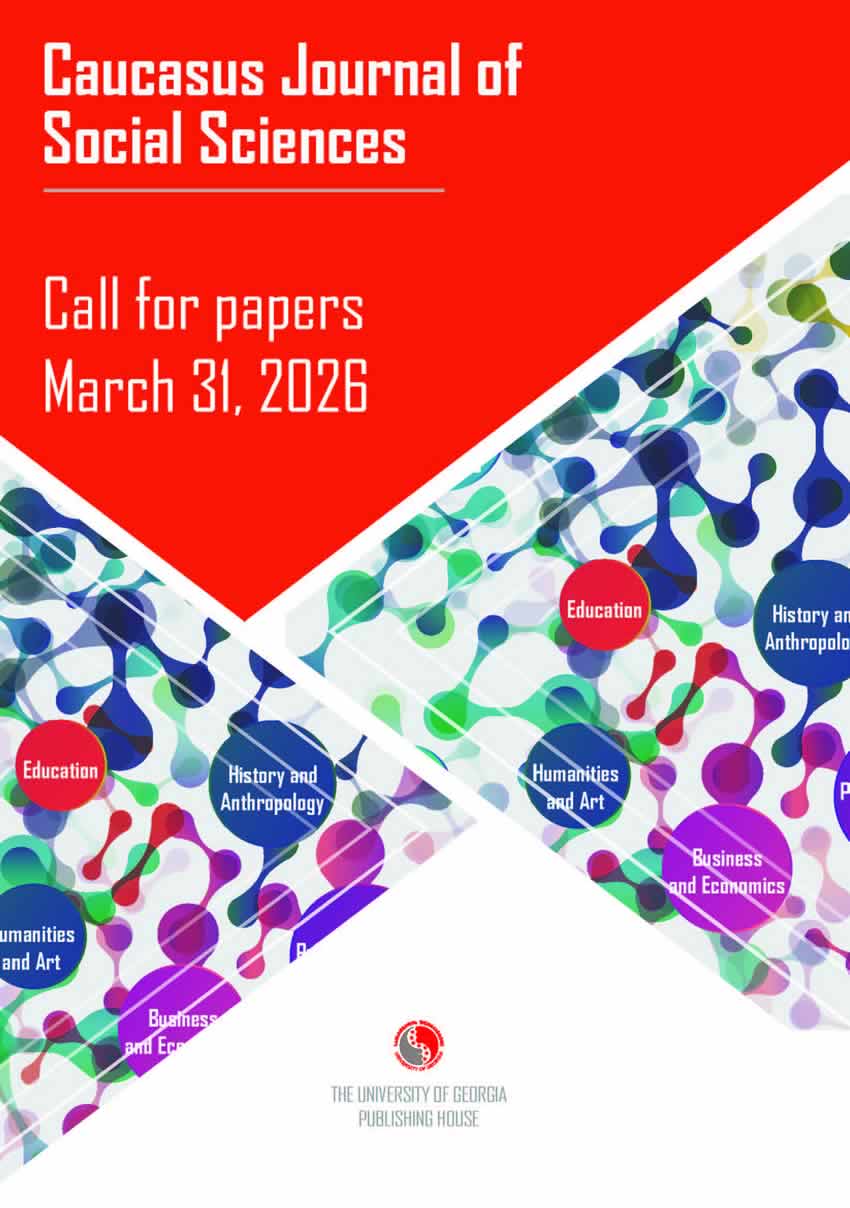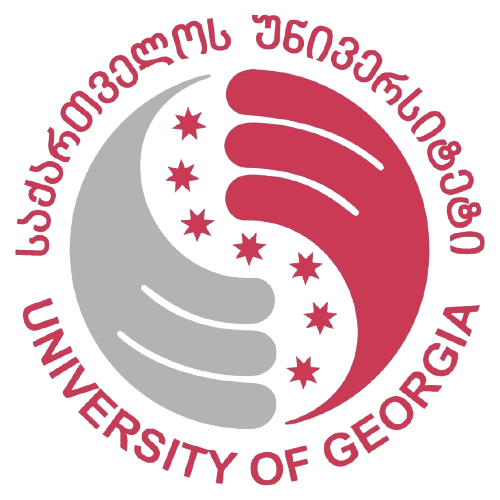Statistics in Empirical Translation Studies
Challenges of Rustvelology in the digital age
DOI:
https://doi.org/10.62343/cjss.2024.246Keywords:
Caucasian Languages, Digital Rustvelology, Translation Studies, Data ProcessingAbstract
The present paper deals with the problem of data processing in multilingual parallel corpora. It focuses on the questions of what kind of difficulties can arise in the statistical processing of linguistic data in a multilingual parallel corpus such as ‘Rustaveli goes digital’, and what solutions can be useful to overcome the challenges of empirical translation research. During the statistical analysis of the corpus ‘Rustaveli goes digital’, we encountered certain problems that we would like to discuss in this article, namely the reliability of the statistical analysis in the creation of the index. Although nowadays, there are many different ready-made tools that are successfully used in linguistics for statistical analysis, the data processing of texts can still be very inaccurate without considering the grammatical characteristics of the languages. As empirical material, the text of the epic ‘The Knight in the Panther’s Skin’ in three languages were chosen: Georgian, Abkhazian and Megrelian. The paper will show why ready-made tools like KWIC and Voyant are not suitable for the Caucasian languages and what problems the use of such tools can lead to.
Downloads
Published
How to Cite
Issue
Section
License
Copyright (c) 2024 Manana Tandaschwili

This work is licensed under a Creative Commons Attribution 4.0 International License.
In case an article is accepted for publication it is allowed to combine the article with other research, to conduct new research on the article, or to make different arrangements on condition that the same license is used including commercial purposes.
As an author of an article published in the Caucasus Journal of Social Sciences, you retain the copyright of your article and you are free to reproduce and disseminate your work.











